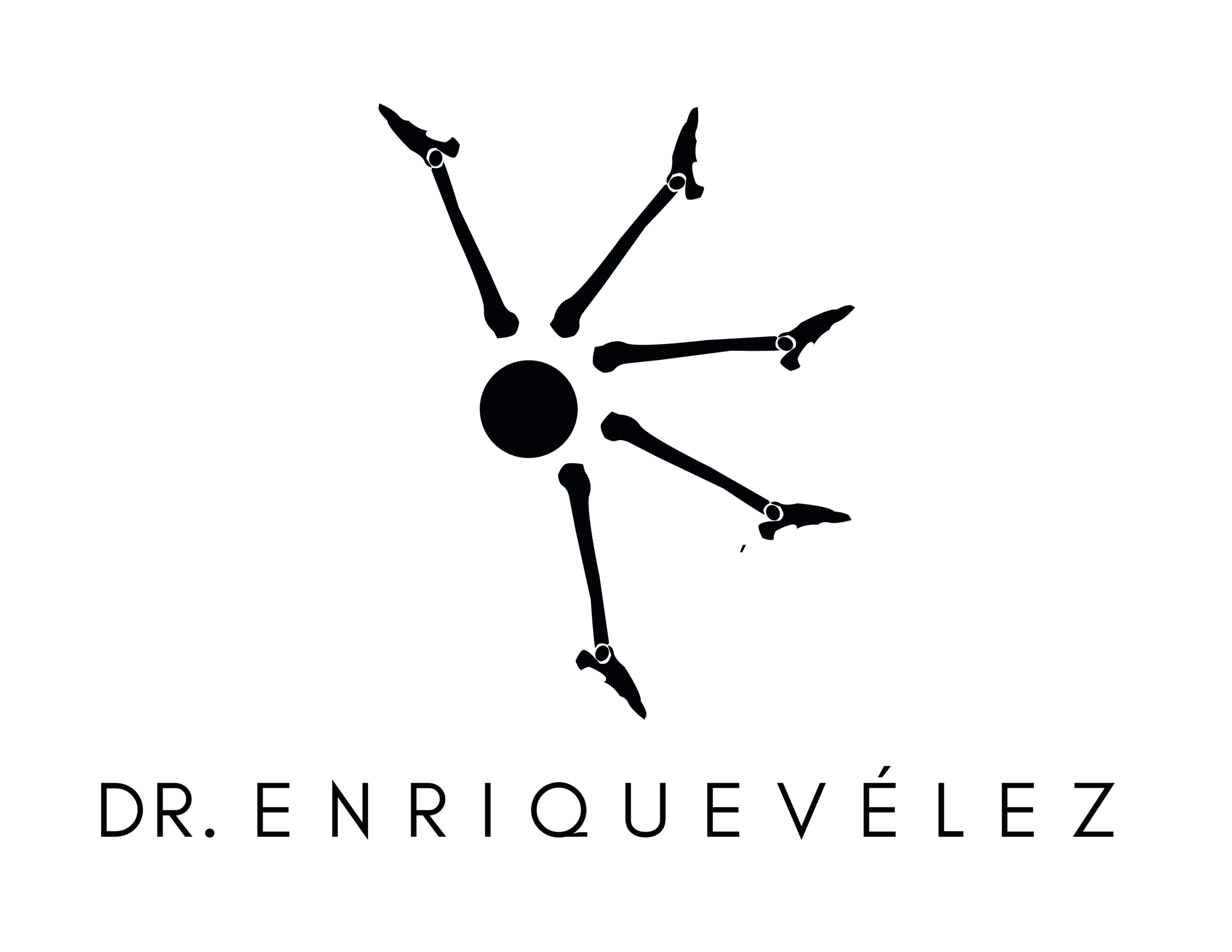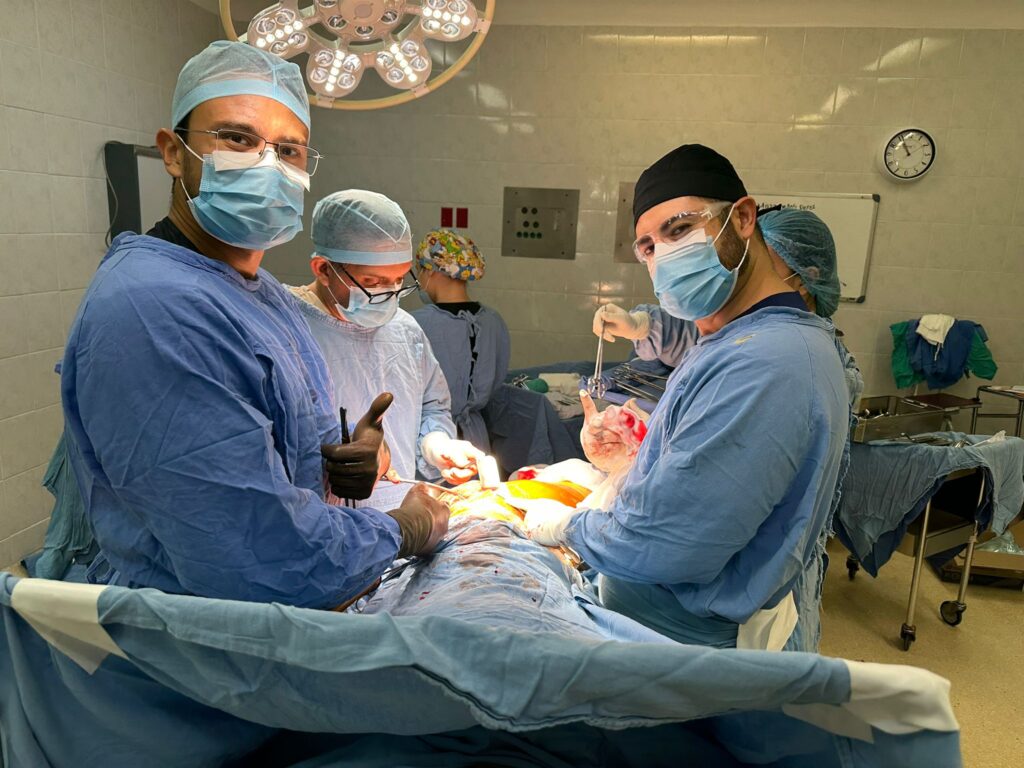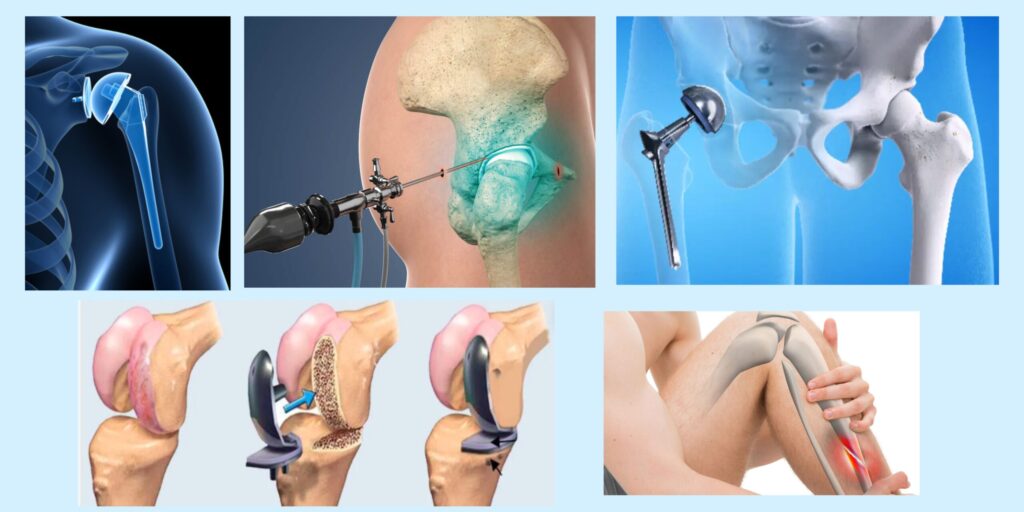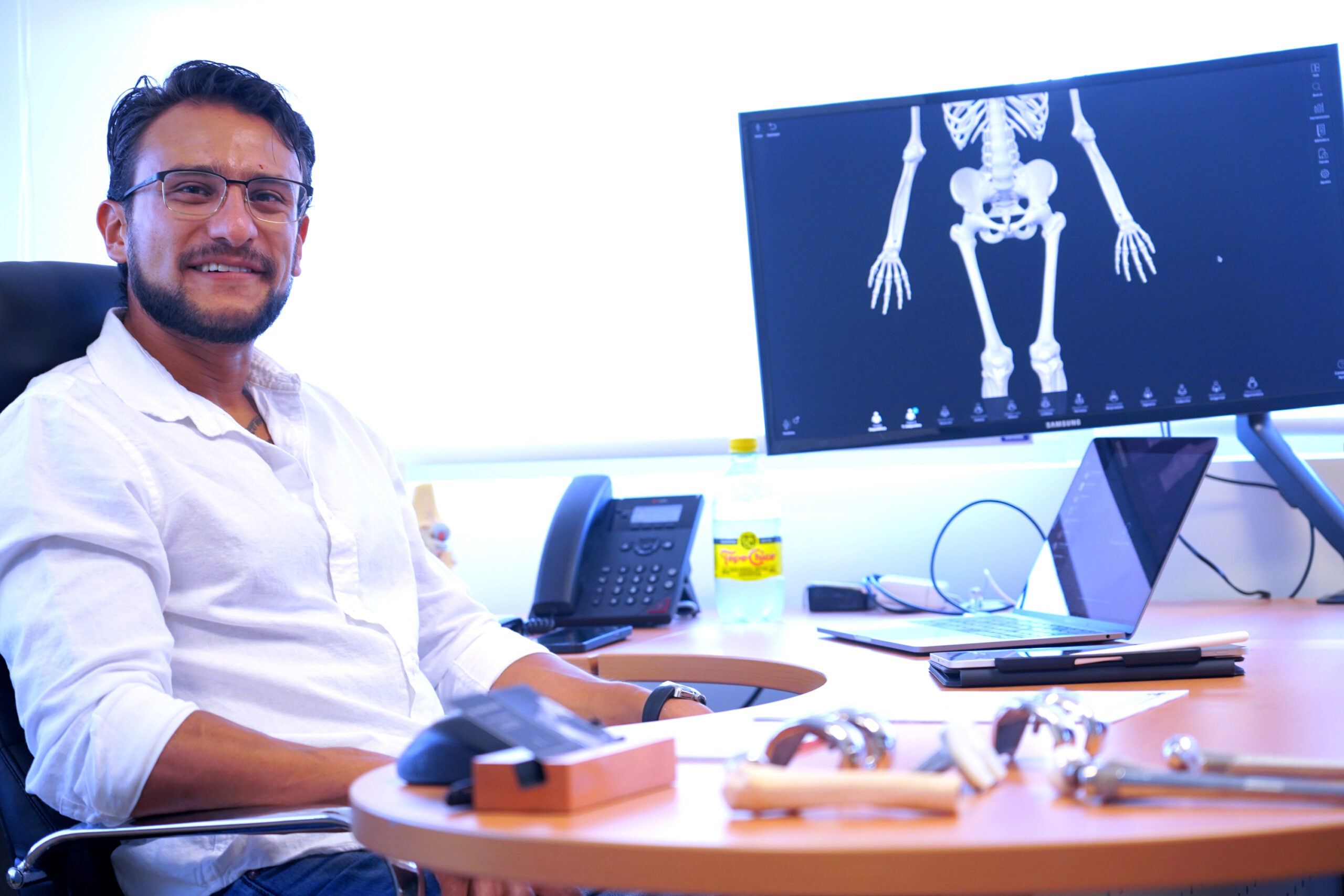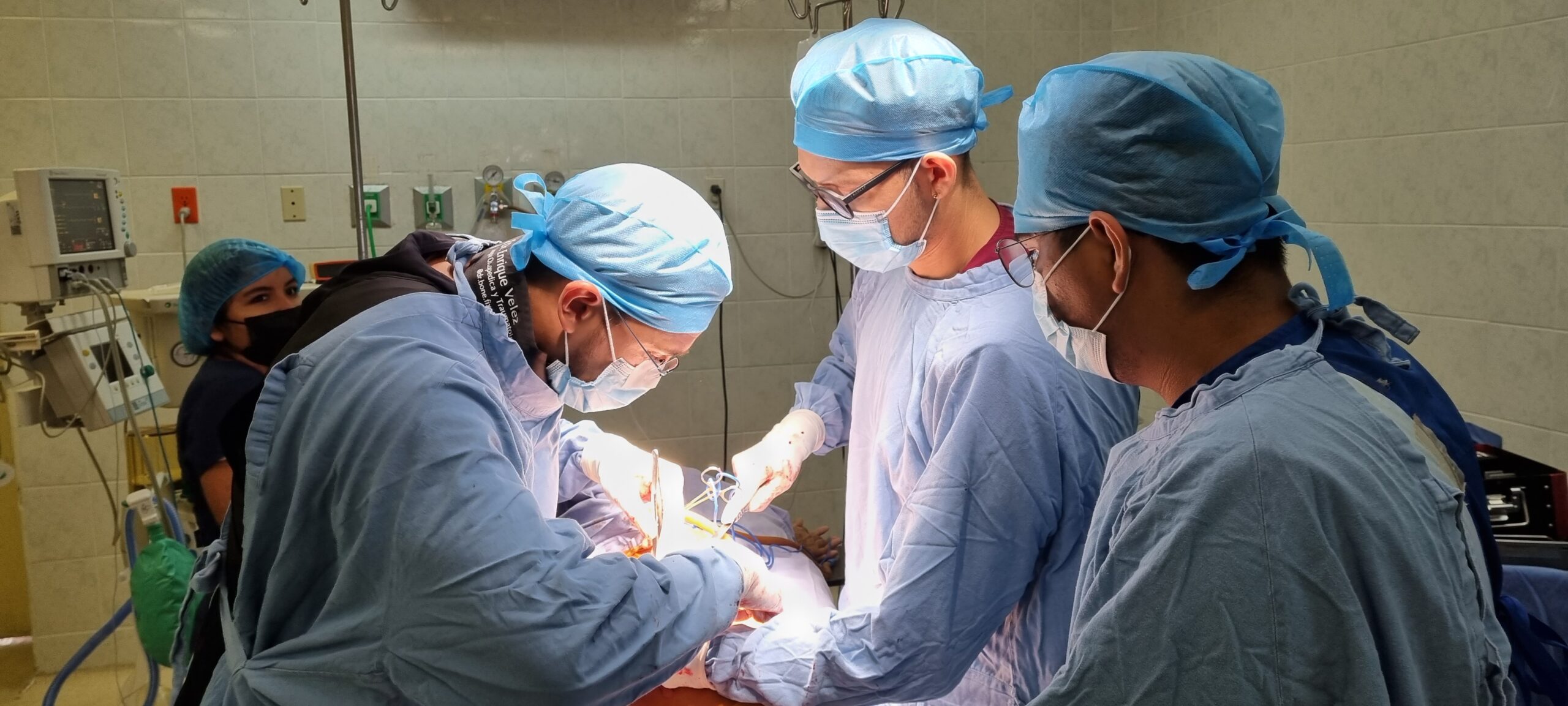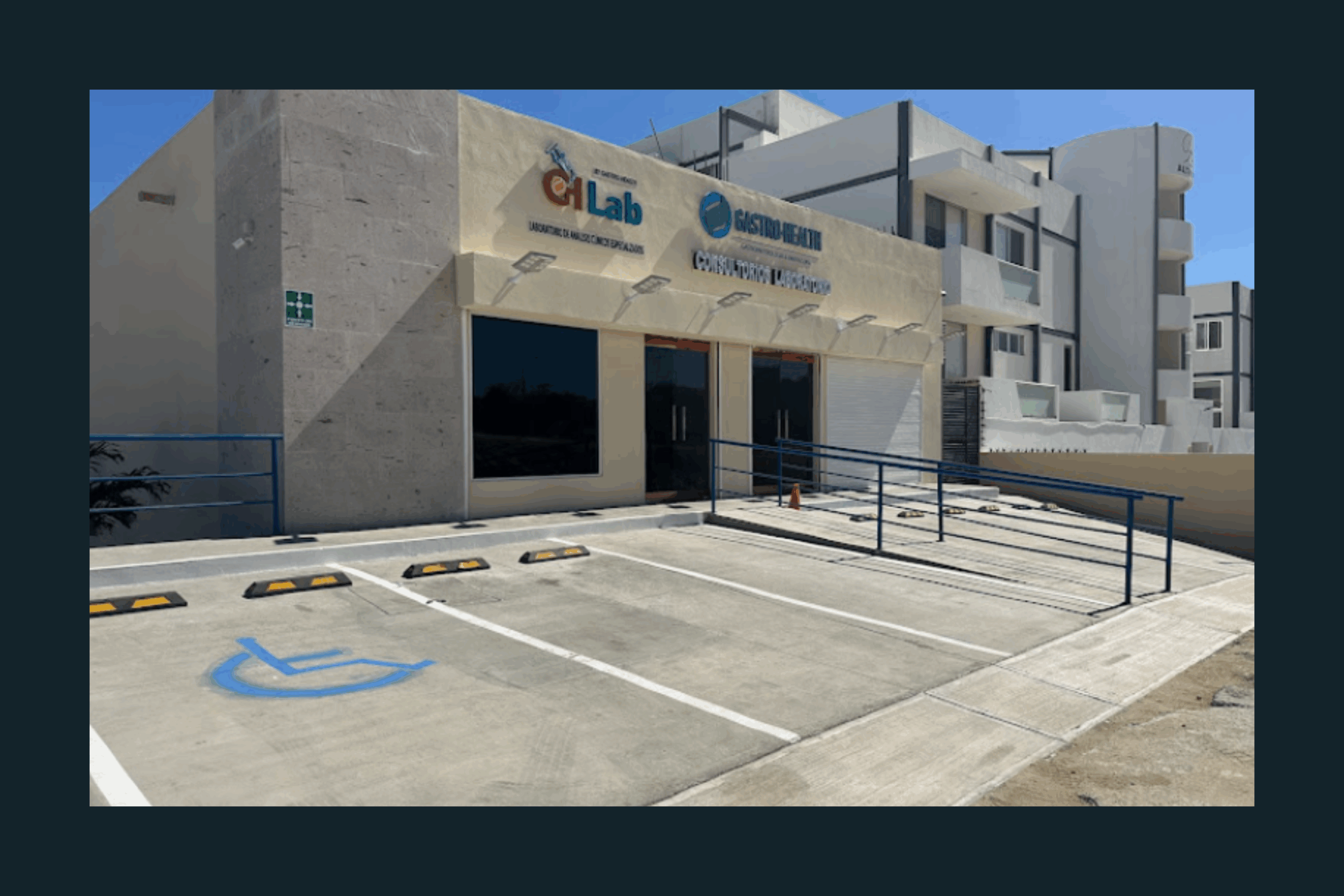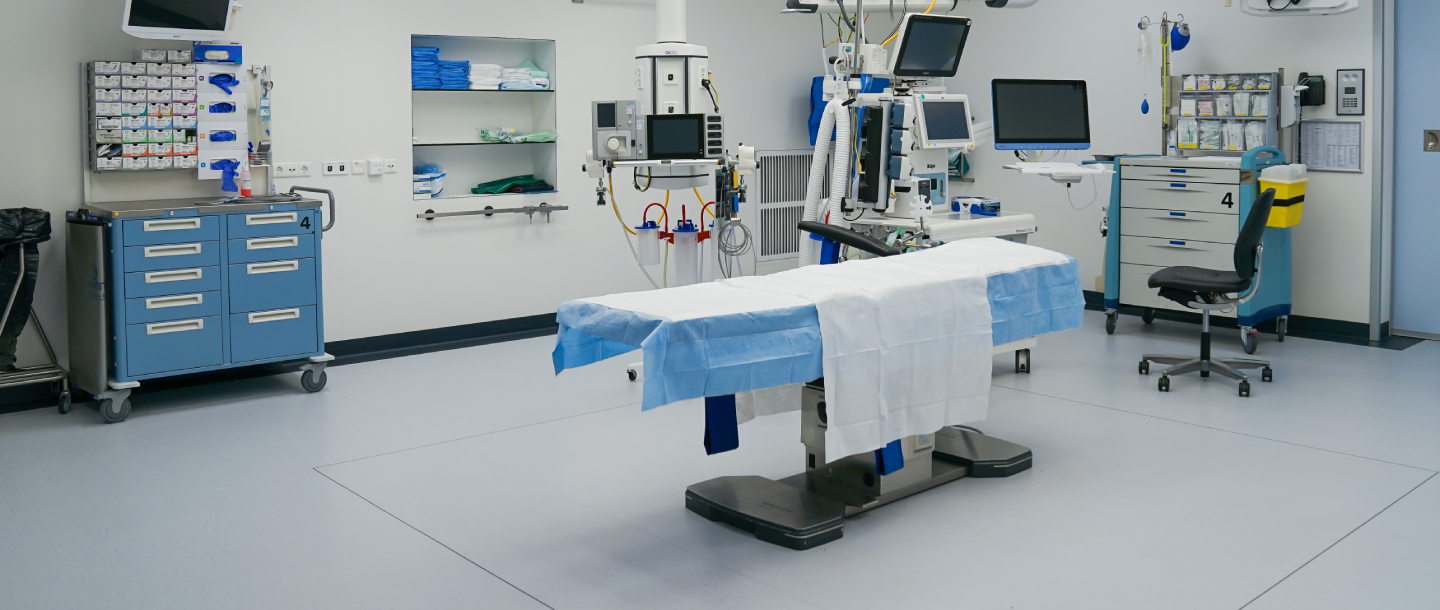Traveling to Mexico for orthopedic surgery—whether it’s a hip replacement, knee repair, or joint reconstruction—can be a life-changing decision. With affordable pricing, shorter wait times, and access to advanced medical facilities, it’s no wonder thousands of patients from the U.S., Canada, and Europe choose Mexico every year for their orthopedic care.
But not all surgeons, hospitals, or care plans are created equal. And when it comes to something as critical as joint surgery, you need more than just a beautiful location or low cost—you need trust, transparency, and surgical excellence.
Before you book your procedure, here are 7 critical questions to ask any orthopedic surgeon in Mexico. These questions will protect your safety, maximize your outcome, and ensure you get the elite, personalized care you deserve.
And if you’re considering Cabo San Lucas, we’ll also explain why Dr. Enrique Vélez continues to be a top choice for discerning medical travelers from around the world.
Why Asking the Right Questions Matters
Traveling abroad for surgery means you’re not just choosing a doctor—you’re choosing a system. That includes:
-
The facility
-
The surgical materials used
-
The post-op plan
-
Communication and language accessibility
-
Emergency protocols and follow-up
A good surgeon welcomes your questions and should be able to explain everything in clear, respectful language. If they dodge your concerns, rush through your questions, or provide vague answers—that’s your signal to keep searching.
Question #1: “Are You Board-Certified in Orthopedic Surgery? Where Did You Train?”
This question cuts to the heart of credibility and qualifications.
In Mexico, it is not legally required for all practicing surgeons to be board-certified. However, board certification from the Mexican Council of Orthopedics and Traumatology (CMOT) demonstrates that a surgeon has passed rigorous national exams and continues to pursue ongoing education and ethical standards.
Even better? Look for a surgeon who has:
-
Trained or practiced in the U.S., Canada, or Europe
-
Attended international fellowships
-
Participated in global orthopedic societies
Why This Matters:
Board-certified surgeons adhere to the highest standards. Their training background gives you insight into the techniques, technology, and philosophies they bring to your surgery.
Dr. Vélez’s Answer:
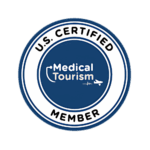
“I am a board-certified orthopedic surgeon with advanced training in joint reconstruction and minimally invasive surgery. My training includes U.S. medical institutions and continuing education with international orthopedic conferences.”
Question #2: “What Type of Implants or Materials Will You Use?”
Not all hip or knee replacements are created equal. The type of implant and materials used can dramatically impact your:
-
Long-term comfort
-
Risk of complications
-
Implant lifespan
-
Revision risk later in life
What to Look For:
-
FDA-approved implants or CE-marked prosthetics
-
Options for ceramic, titanium, or polyethylene components
-
Proven brands like Zimmer, Stryker, DePuy, or Smith & Nephew
-
An explanation of why a specific implant is right for your age, weight, and activity level
If a surgeon can’t tell you the brand, model, or reason behind their choice, be cautious.
Dr. Vélez’s Answer:
“I use only top-tier, FDA-approved implants from globally trusted manufacturers. We tailor the selection to each patient’s needs and lifestyle to ensure optimal long-term function and comfort.”
Question #3: “How Many Surgeries Like Mine Have You Performed?”
You want a surgeon who doesn’t just dabble in joint replacements—you want someone who specializes in them. Ask about:
-
Number of procedures performed each year
-
Experience with your specific joint (hip, knee, shoulder, etc.)
-
Experience with complex cases or revisions
-
Outcomes and complication rates
A high-volume surgeon typically means greater familiarity, faster operating times, and lower risk of complications.
Dr. Vélez’s Answer:
“I’ve performed hundreds of joint replacements over the past two decades—including total hips, knees, and complex reconstructions. I operate weekly and track every patient outcome closely.”
Question #4: “Where Will the Surgery Take Place, and Is the Facility Accredited?”
Your surgery is only as safe as the facility where it’s performed. Ask:
-
Is the hospital accredited by national or international bodies (like JCI)?
-
Does it have an onsite ICU, sterile surgical suites, and modern diagnostics?
-
Will I have a private recovery room?
-
What is the infection control policy?
-
What’s the hospital’s emergency protocol?
Look for clinics that:
-
Provide hospital-level equipment (not just ambulatory care)
-
Are equipped for overnight or multi-day stays
-
Are transparent about their certifications and policies
Dr. Vélez’s Answer:
“I operate in internationally accredited private surgical centers in Cabo with advanced diagnostics, fully sterile environments, and concierge-level recovery suites. We maintain a strict zero-infection protocol.”
Question #5: “What Does the Pre- and Post-Op Plan Look Like?”
Surgery is just one part of the equation. Recovery planning is equally important.
Key things to ask:
-
Will I receive pre-op instructions, labs, and evaluations before arrival?
-
Is physical therapy included in the care plan?
-
How long do I need to stay in Mexico after surgery?
-
Will I receive written rehab instructions in English?
-
What support is available once I return home?
The best surgeons offer comprehensive surgical journeys—not just “in-and-out” procedures.
Dr. Vélez’s Answer:
“Every patient receives a customized surgical plan with pre-op virtual consultations, medication protocols, and guided rehab schedules. Post-op, we provide bilingual recovery guides and virtual follow-ups.”
Question #6: “Do You Work with International Patients Regularly?”
Medical travel comes with unique needs: travel logistics, language differences, documentation for insurance reimbursement, and more.
Ask:
-
Is the office fluent in English?
-
Do they provide assistance with travel and lodging?
-
Can they help coordinate with my local doctor after surgery?
-
Are follow-up appointments offered remotely?
A good clinic will treat international patients like VIPs, with concierge-style coordination and bilingual staff.
Dr. Vélez’s Answer:
“More than half my patients come from the U.S. or Canada. We assist with everything—from airport pickup and hotel recommendations to post-op virtual follow-ups. You’ll always speak with someone fluent in English.”
Question #7: “How Can I Reach You After Surgery if I Have Concerns?”
Accessibility after surgery is critical. Don’t assume you’ll be able to call or message the clinic easily—ask upfront:
-
Will I have direct contact with the surgeon or a coordinator?
-
What hours is post-op support available?
-
Are emergency contacts provided?
-
Is there a 24/7 line or concierge?
You should never feel abandoned after surgery, especially in a foreign country.
Dr. Vélez’s Answer:
“Every patient receives direct communication access to our care team and me personally. We respond to all post-op concerns swiftly, including evenings and weekends.”
Bonus Questions Worth Asking
Here are additional questions that demonstrate you’re making an informed decision:
-
“What anesthesia will be used, and who administers it?”
→ Make sure a licensed anesthesiologist—not a generalist—is handling this. -
“What’s included in the cost?”
→ Clarify if it covers hospital stay, medications, physical therapy, etc. -
“Do you have testimonials or reviews from past patients?”
→ A great surgeon is proud to share real experiences. -
“Can you show me before-and-after mobility results?”
→ Objective outcomes speak louder than words.
Why Patients Choose Cabo (and Dr. Vélez) Again and Again
Many travelers come for the care—but stay for the experience.
Cabo San Lucas offers:
-
Direct flights from major cities like LA, San Diego, Dallas, and Toronto
-
Luxury accommodations ideal for healing
-
Mild climate that supports mobility post-op
-
World-class orthopedic care without the price tag
Dr. Enrique Vélez is recognized for:
-
Blending compassionate care with surgical precision
-
Offering transparent pricing
-
Treating patients as partners, not numbers
-
Creating a safe, bilingual, full-service orthopedic experience
Real Patient Testimonials
“Dr. Vélez answered all my questions without rushing. I felt more informed than I ever did back in the States.”
— Rachel D., hip replacement patient, Scottsdale
“I asked every one of these questions before booking—and Dr. Vélez’s answers sealed the deal. I flew to Cabo, had my knee replaced, and I’m back to hiking. I’d do it again in a heartbeat.”
— James H., knee patient, Vancouver
Final Thoughts: Ask Boldly, Choose Wisely
Choosing orthopedic surgery abroad is a big decision—but with the right questions and the right surgeon, it can also be the best decision you’ve ever made for your health, freedom, and quality of life.
Ask questions. Take notes. Compare options. And trust your gut.
If you’re considering orthopedic surgery in Mexico—start with a consultation with Dr. Enrique Vélez. You’ll receive clear answers, honest guidance, and a treatment plan that respects your body, your time, and your future mobility.
Schedule Your Free Consultation Today
If you’re planning orthopedic surgery in Mexico and want answers you can trust, contact Dr. Vélez today.
💻 Visit www.docvelez.com/contact
📞 Or call our care team directly
Let’s make your journey to healing as informed—and empowering—as possible.
